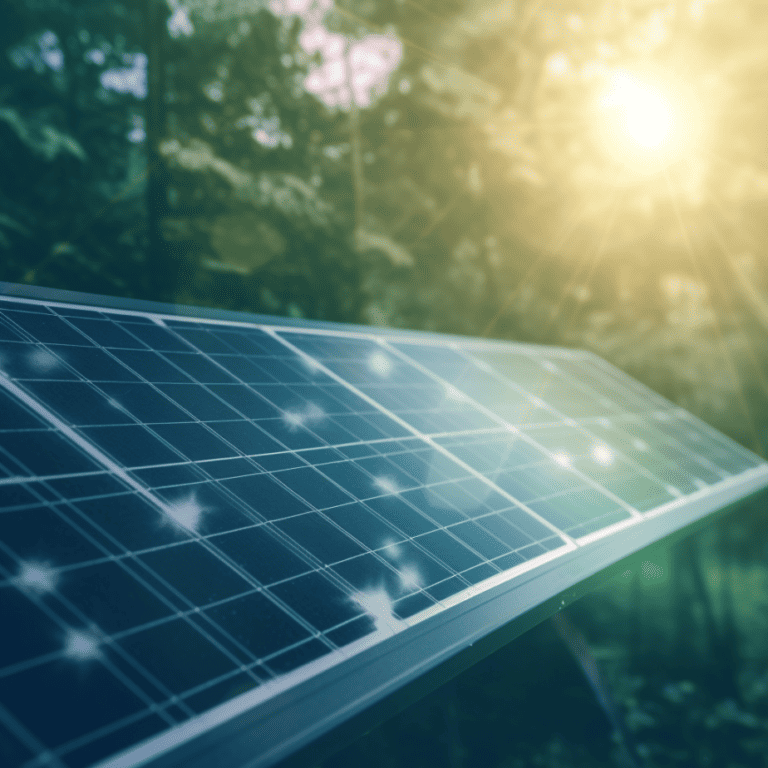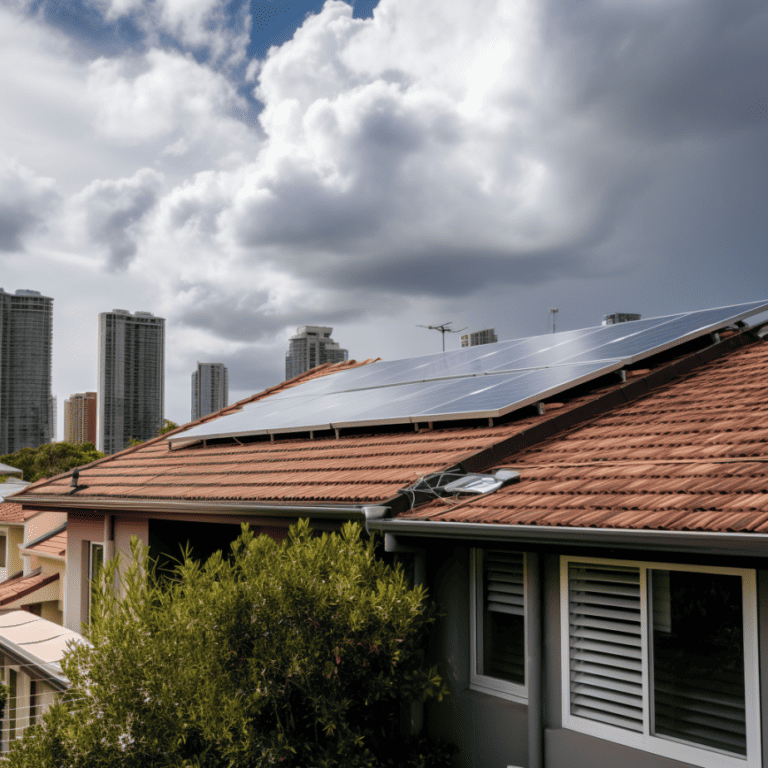How Many Solar Panels do I Need? Installing Different Sized Solar Systems
Introduction
In the sun-drenched landscapes of Australia, the opportunity to harness solar energy is vast. With solar technology becoming increasingly affordable and the country’s commitment to renewable energy growing stronger, more Australian homeowners are considering solar panels as a viable and beneficial option. This article by Universe Solar is designed to help you understand the impact of solar panels on your home energy needs and determine the number of solar panels your household requires.
Understanding Your Energy Usage
Understanding your household’s energy consumption is the first step in transitioning to solar power. Your current and previous electricity bills can provide valuable insights into your energy usage patterns. On average, an Australian household consumes between 15-20 kWh per day, while single-person households typically use about 8-12 kWh per day.
A practical way to estimate the size of the solar panel system you need is to use the following conversion:
- Current Daily Electricity Usage to Solar System Size:
- 12 kilowatt-hours ➔ 3.4 kW system
- 20 kilowatt-hours ➔ 5.7 kW system
- 40 kilowatt-hours ➔ 11.4 kW system
At Universe Solar, we recommend a minimum system size of 6.6 kW for any household. As solar technology has advanced, larger systems have become more affordable and are a better investment than the previously common 3 kW or 4 kW systems.
Solar Batteries for Lower Costs
Solar panels without a battery system primarily produce electricity during daylight hours. Any excess electricity generated is typically fed back into the grid, and you receive a credit at a fixed buyback price, which is often lower than the cost of electricity used at night.
To maximise the benefits of your solar system, installing a solar battery can be a wise choice. A solar battery stores the excess solar electricity generated during the day for use at night, ensuring that no electricity is sold back to the grid and maximising your savings.
Roof Space
The availability of roof space is a crucial factor in solar panel installation. Homes with limited roof space or complex roof structures may find it challenging to accommodate a large number of solar panels. Universe Solar offers a free online proposal, including a detailed mapping of your roof, to provide recommendations tailored to your specific situation.
Roof Orientation
The orientation of your roof plays a significant role in the efficiency of your solar panel system. North-facing roofs in Australia are ideal, as they receive sunlight throughout the day. For optimal solar energy absorption, a roof angle close to 90 degrees is recommended.
Additional Considerations for Solar Panel Installation
Off-Grid Solutions
For those living in remote areas or seeking complete energy independence, off-grid solar systems are an excellent solution. These systems are typically larger and include substantial battery storage to ensure a constant power supply.
Factors Affecting Efficiency
Several factors can impact the efficiency of your solar panel system, including:
- Weather Conditions: Prolonged periods of cloudy or rainy weather can reduce solar energy production.
- Shading: Nearby trees or structures casting shadows on your panels can significantly decrease efficiency.
- Panel Maintenance: Regular cleaning and maintenance of solar panels ensure optimal performance.
Financial Incentives and Rebates
Various government incentives and rebates can significantly reduce the upfront cost of installing solar panels. These incentives are designed to encourage more homeowners to switch to renewable energy sources.
Conclusion
Embracing solar energy is a forward-thinking decision that can significantly reduce your electricity bills and contribute to a more sustainable future. With Universe Solar, you’re not just installing solar panels; you’re investing in a cleaner, greener, and more self-sufficient lifestyle. Consider learning about the best time of the year to install solar panels.


